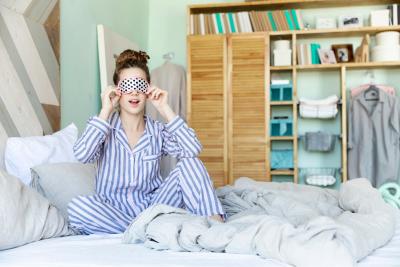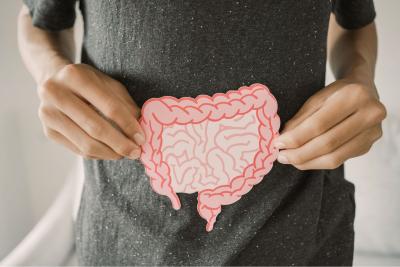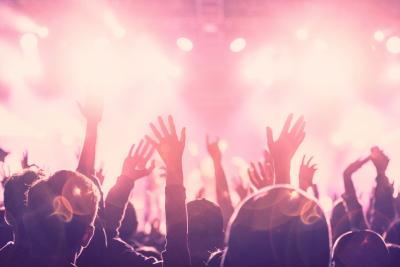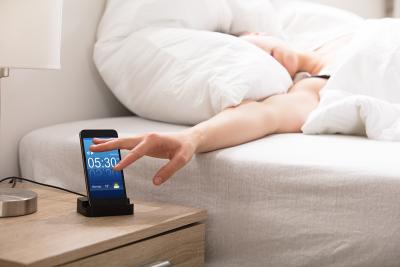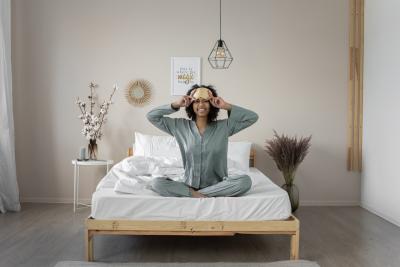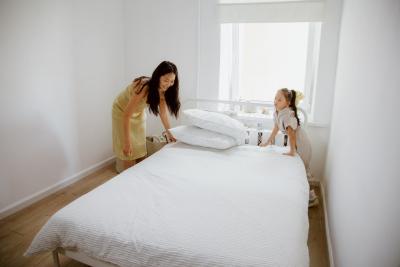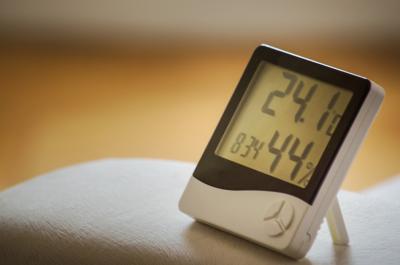If you've ever found yourself curled up in bed and needing an emergency nap, it may be a relief to hear you're not alone. Even better, you may be on the right track regarding your health.
The truth is out; naps are a great way to increase productivity. We know, we know - you're probably pretty confused since your desktop naps are typically frowned upon. Thankfully, we've done our research, and by the time you're done reading, you'll be ready to confront your boss with a few dedicated nap-time proposals.
What is a nap?
You may be sitting, naively assuming that a nap is just a short snooze but no. There are three types of naps:
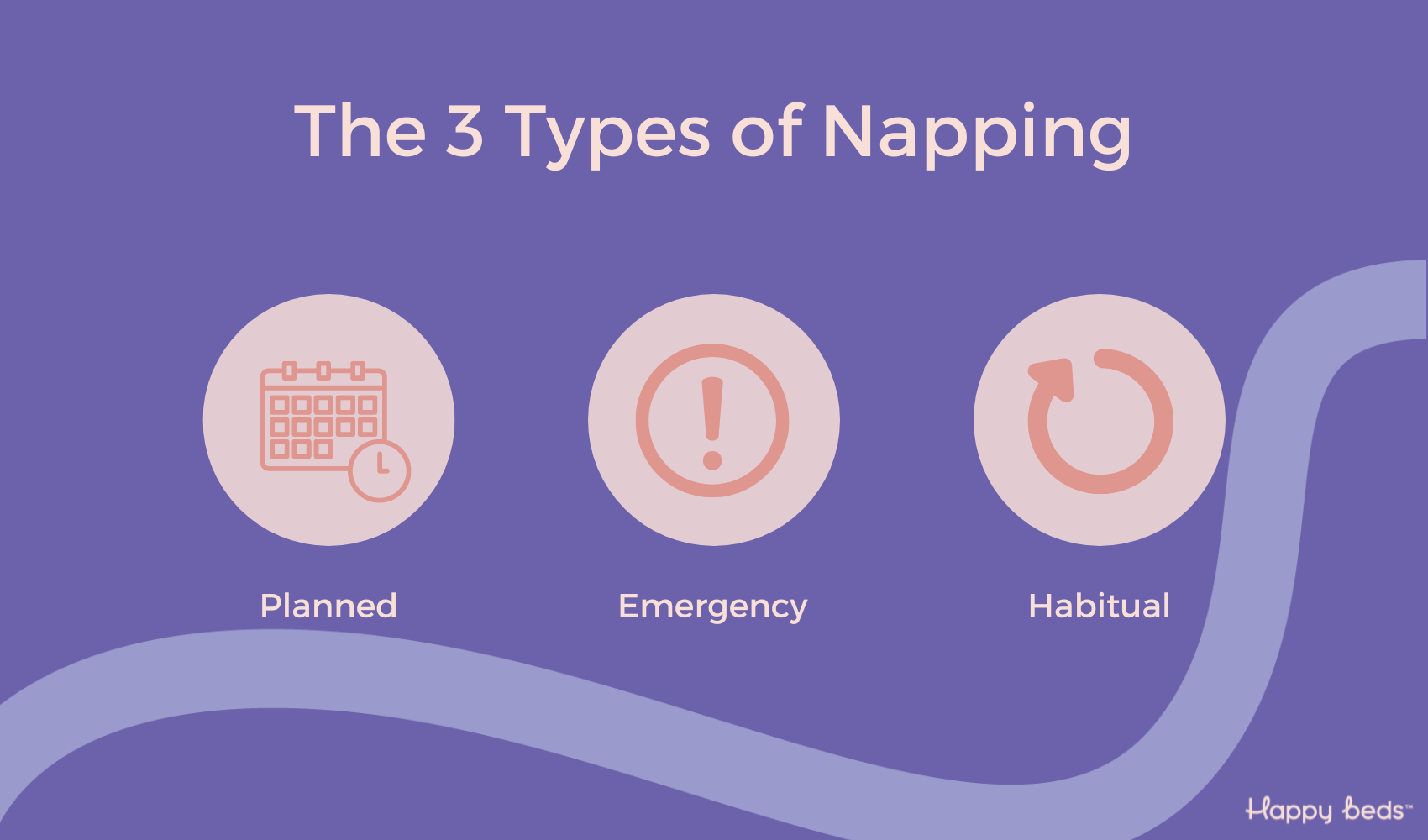
1. Planned napping
Also called preparatory napping, planned napping is an excellent way of dealing with fatigue. If you're preparing for a particularly long day, for example, you know you'll have to work late to reach your deadlines, then planned napping can help ward off unproductive exhaustion.
2. Emergency napping
Emergency napping is probably something we're all familiar with. It occurs when you're exhausted and can't go on. When this happens, an unplanned emergency nap is the best way to combat burnout.
3. Habitual napping
The type of napping we wish we all had integrated into our daily lives, we're sure. Habitual napping is when a person takes a nap at the same time each day, and babies and small children commonly use it.
Why naps aren't a sign of laziness
The body needs 7-9 hours of sleep to feel fully restored. Still, with so many adults juggling work, families and social activities, it's become increasingly difficult for them to consistently achieve this level of rest.
According to the Royal Society for Health, almost a third of all adults are under-rested by at least an hour. This has led to a rise in depression and illnesses such as high blood pressure linked to a lack of sleep.
Foregoing sleep for the pressures of modern-day life also reduces the brain's ability to retain information by up to 40%, as you won't get enough sleep cycles to reach the important REM stage of sleep. This stage is when the brain begins to sort out what it needs to keep in terms of memory, which means short-term memory is particularly susceptible to fatigue, which worsens with age.
However, naps that allow you to reach the REM stage are a restorative device that can increase productivity and alertness, particularly after lunch when the body suffers from a natural slump.
Plan for the perfect power nap
Have you ever taken a cheeky nap and found yourself waking groggier than ever before? As it turns out, you can't just take naps willy-nilly. No, it's an art.
Many experts have tried to crack the code of the perfect power nap, with a 2006 study hypothesising that a nap should be less than 30 minutes to promote wakefulness and enhanced performance.
However, NASA went one step further and found that their astronauts performed at their best following a 26-minute nap. The astronauts were less fatigued, enhancing their performance by 34% and overall alertness by 54%. So that answers the question, how long is a nap?
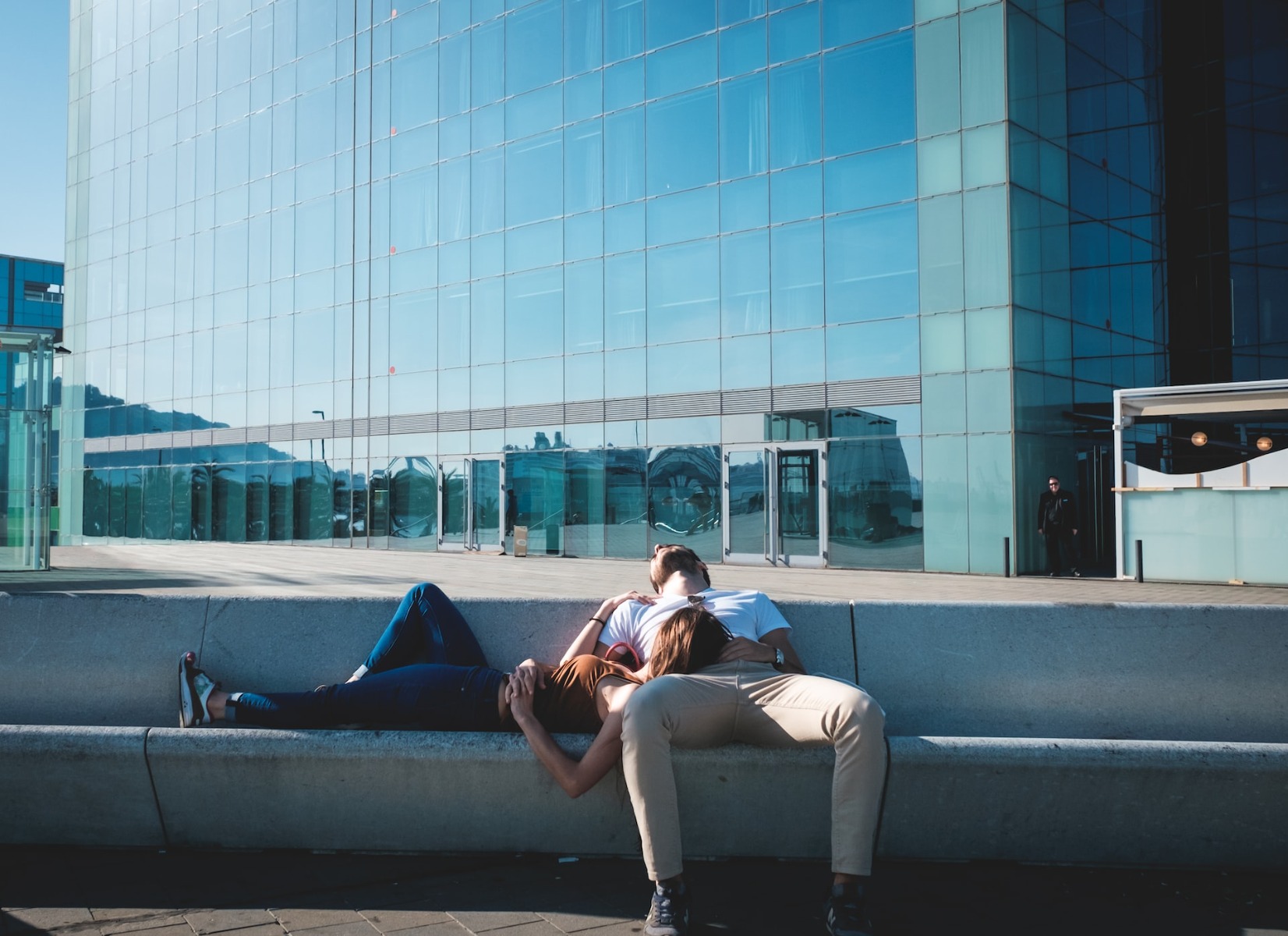
Don't exchange sleep for a nap
Experts may differ on the blueprint for the perfect nap, but they unanimously believe that naps should not replace a good old night-time snooze. Sleeping during the day can disturb the brain's biorhythms, as the brain is used to resting at a roughly similar time each evening.
Repeatedly foregoing a good night's sleep in favour of a daytime nap means you're not getting enough REM sleep, which can lead to memory loss, lack of alertness and the inability to concentrate on daily tasks. So, while napping to make up for the hour or two lost during the nighttime hours may be beneficial, you should never use power naps instead of a consistent sleep cycle.
Struggling to stay awake?
So there you have it. When your nap is justified, every bed is a luxury, so no more kip-related guilt! We hope this convinces you and your boss that naps are the root of all productivity and concentration.
If you struggle to keep your eyes open for 12 hours, you may need more than just a nap. Have you taken a good look at your sleeping environment lately? An old, worn mattress can make do more harm than good, and if you're not getting the rest you need at night, it may explain why you rely so heavily on a sneaky snooze.
While you're here, why not look at our mattress-buying guide to find the perfect mattress for your sleeping needs? Who knows? Maybe you don't need those naps after all…




